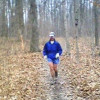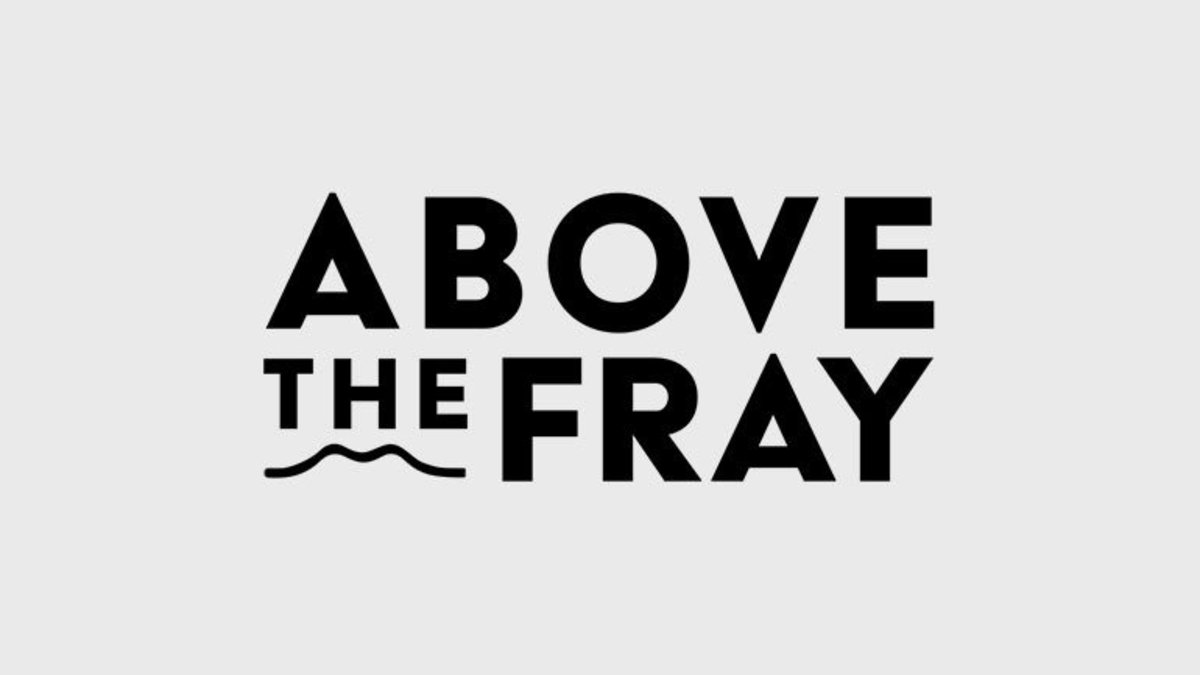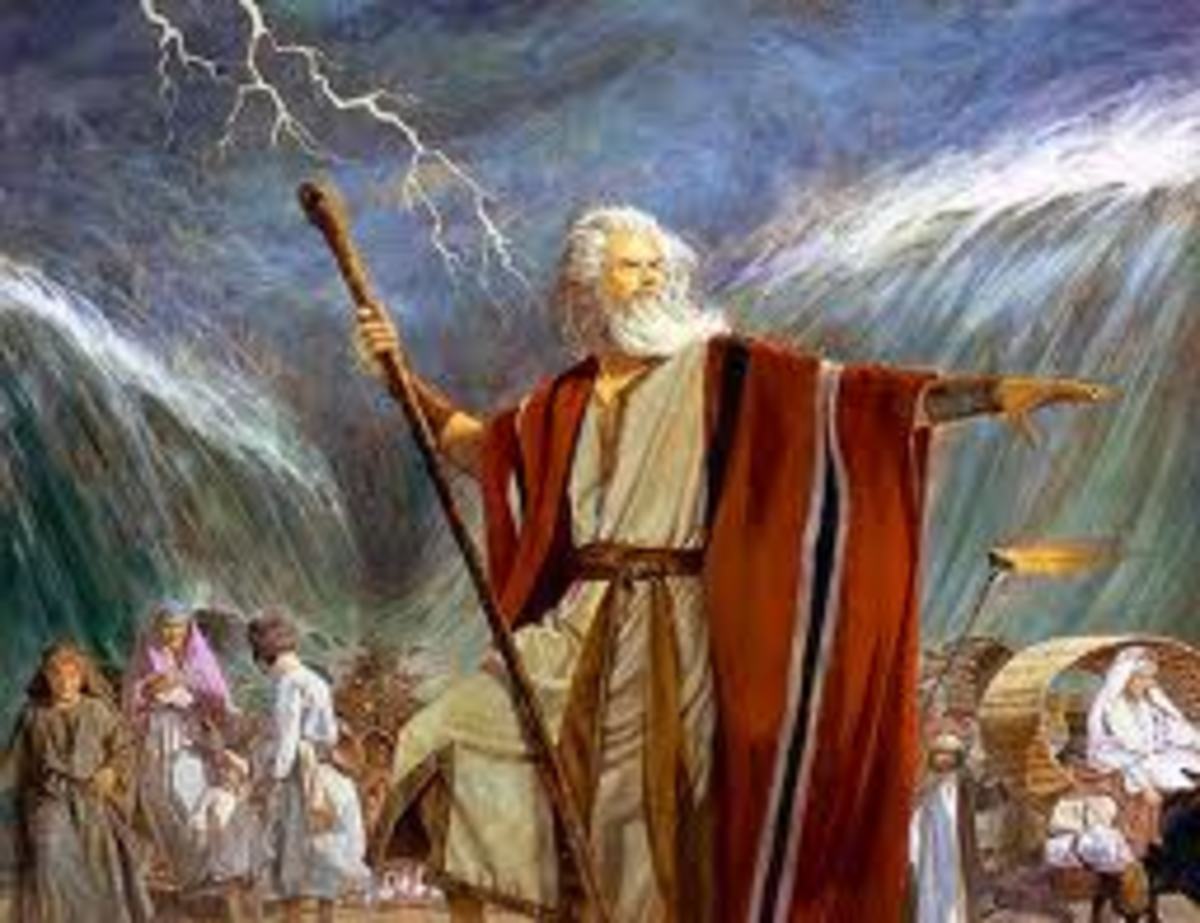Knowing Where To Look


Psalm 121
A song of ascents.
1 I lift up my eyes to the mountains—
where does my help come from?
2 My help comes from the Lord,
the Maker of heaven and earth.
3 He will not let your foot slip—
he who watches over you will not slumber;
4 indeed, he who watches over Israel
will neither slumber nor sleep.
5 The Lord watches over you—
the Lord is your shade at your right hand;
6 the sun will not harm you by day,
nor the moon by night.
7 The Lord will keep you from all harm—
he will watch over your life;
8 the Lord will watch over your coming and going
both now and forevermore.
Introduction
A church near where we used to live had a message on their sign that read: “Worry looks around. Sorrow looks back. Faith looks up.” When I thought about that message, I thought that it could be added: “Hope looks forward.”
Where are you looking today? Where is your hope? To navigate successfully through life, it’s important to know where to look.
Song Of Ascents Series
This Hub is the third in a series dealing with the Psalms of Ascent, also called the Song of Ascents. From Psalm 120-134, there are 15 pilgrimage songs that were used by worshipers making the trip to worship God at the temple in Jerusalem.
Though we don’t make the journey to the temple, we are still on a journey. The journey we are on is what we call life. How will we make the journey? How will we know what route to travel? We have to know where to set our sights; we need to know where to focus our attentions. Knowing where to look is an important thing to know in order to be successful in our life journey. These pilgrimage psalms have some wisdom to offer to help us on our journey. What can we learn from Psalm 121?
Where Does Our Help Come From?
Verse 1 is one of those verses that have puzzled people through the years. When the psalmist says: “I will look to the hills…” we have to wonder why the writer mentions it; what hills? Over the years, I have heard or read several different ideas as to what this verse means:
One idea is that the psalm writer didn’t really mean much of anything from when he said that he looked to the hills – that it was just an euphemistic phrase. Kind of like when we say, “head for the hills.”
A better suggestion is that the writer of this psalm is making a reference to the fact that the hills were often used for pagan practices of the time. As the psalmist either looks literally up at the hills or is thinking about them, and is feeling the temptation to turn to idol practices. The traveler on the journey feels the pull of those things which take our attentions away from God. We can relate to that, can’t we? We ourselves must contend with a lot of temptations and distractions that pull us away from our proper attention to God. We need to know where to look to get the help we truly need.
Another way of looking at v. 1 is to remember that Psalm 121 is a traveler’s song. The writer is on a pilgrimage journey, and she could have looked around at the hills that flanked the trail they were taking. Maybe where you live there are major hills, and when you travel the roads where you live, you can identify with the psalm writer. We’re kind of short on serious hills around where I live – it’s rolling, mid-North American prairie, but nothing seriously steep; nothing like the mountains farther west. If you have ever driven or hiked through mountainous or hilly terrain perhaps you can identify with the sentiment of this image. Surrounded by hills, the writer may have been feeling intimidated and puny. The trail itself may have been strenuous and challenging, and the traveler may have been feeling tired, worn, and weary.
Do you ever feel that way in your life journey? It may not be literal hills, but you feel like your life is nothing but a tiring up-hill battle. You feel tired, intimidated, and worn out. Where do you turn to get the help you need?
And then there’s yet another way I have seen this verse interpreted: In the context of Psalm 121 being a pilgrimage psalm, a song of ascent, the hills could refer to the traveler’s destination: The traveler is seeking to reach Mount Zion. It is the place where the Cosmic God sits upon an earthly throne. The hills in this way are a symbol not of danger, but of divine help.
It’s significant also that Psalm 123 begins with the psalm lifting her or his eyes to God. It is to the God who is, “enthroned in the heavens” that the traveler looks. However we interpret verse 1 (and perhaps all of the ideas have some merit), we have to feel the impassioned conviction of verse 2: “My help comes from the LORD who made heaven and earth.”
Where does our help come from, child of God? Our help comes from the LORD!
Help For Our Journey
A father and his little son were hiking on a trail together one day. When the trail became steep, the father said, “Son, you’d better hold my hand.” In response, the little boy said, “No Daddy, you hold my hand. You’re bigger than I am.”
It’s important to know where to look for help. When we look to God for our help, God will provide the help that we need. Sometimes we get these strange ideas that God doesn’t understand our situation, or can’t do anything about our problems. But God is eminently qualified! Look at what the psalmist reminds us about God:
-v. 2b – God made heaven and earth
So, don’t you think that God, who is powerful enough to create the world, is powerful enough to take care of your problems?
-vv. 3 & 4 – God doesn’t slumber nor sleep
We get tired and fatigued. We need renewal and refreshment. God doesn’t need these things. This means that we can trust our lives to the control of God who keeps watch over us.
-vv. 5 & 6 – God is our keeper and protector
There is a curious reference in verse 6 about the potential harm that the moon can cause us. This reflects an old belief that has persisted even to recent times that moonlight had harmful effects and could cause insanity (thus we get the word lunatic). The poetic quality of these two verses reminds us that we can trust our protection to God.
-v. 7 – God keeps us from evil
-v. 8 – God provides us with guidance
Throughout these verses, there is a word that is used frequently. It shows up in our English translations as “watch,” “preserve,” “keep,” or “keeper.” The Hebrew word means to hedge about, i.e. to guard, to protect, to attend to. It additionally means to watch over, to preserve, and the activity of keeping and tending. When we think of a “keeper,” like a game keeper, we are thinking about someone who both protects and tends to the welfare of a preserve. When we talk about a castle “keep,” we are talking about the walls that were built to both protect and preserve those who seek shelter within. These are rich images that paint the picture of a God who loves us and seeks our good.
Conclusion
During World War II, a missionary in China named Gladys Aylward was forced to flee from the invading Japanese Army when it invaded the region of Yangcheng. With only one assistant, Gladys led over a hundred orphans through the mountains toward free China.
During the harrowing journey out of war-torn Yengcheng, Gladys grappled with despaired as never before. After passing a sleepless night, she faced the morning with no hope of reaching safety. A 13-year old girl in the group reminded Gladys of the much-loved story of Moses and the Israelites crossing the Red Sea. “But I am not Moses!” Gladys cried in desperation. “Of course you’re not,” the girl said, “but God is still God!” When Gladys and the orphans proved once again that no matter how inadequate we feel, God is still God, and we can trust in God.
This is the message we are given in Psalm 121. Sometimes life is drudgery and sometimes it is plagued with uncertainties. Life is full of numerous questions and challenges. How are we to get through? And how are we to experience the fullness of God’s blessings?
Author Marshall Shelley, who suffered the deaths of two of his children, wrote about his struggles of faith. He compared the act of faith to the reading of a novel: “Even as a child,” he wrote, “I loved to read, and I quickly learned that I would most likely be confused during the opening chapters of a novel. New characters were introduced. Desperate, seemingly random events took place. Subplots were complicated and didn’t seem to make any sense in relation to the main plot. But I learned to keep reading. Why? You need to keep reading because you know that the author will weave them all together by the end of the book. Eventually, each element will be meaningful.”
“At times,” Shelley continues, “such faith has to be a conscious choice. Even when I can’t explain why [tragedies and trials come]…I choose to trust that before the book closes, the author will make things clear.” So, we need to keep “reading.” Or in the image of Psalm 121, we need to keep walking! Sure, we can just exist, trudge along, and get by, but God offers us so much more.
It helps to know where to look for help; let’s look to the Lord. Let us trust our lives to God who is able to preserve us and, watches over our coming and going both now and forevermore.
Psalm 121 Egmond Binnen Pictures + spoken Word.
- Psalm 121 I will lift up my eyes to the hills. - YouTube
Psalm 121 Egmond Binnen Pictures + spoken Word. Music made with Music Maker 17 Psalm 121 A Song of Ascents. 121:1 I will lift up my eyes to the hills. Where ...





